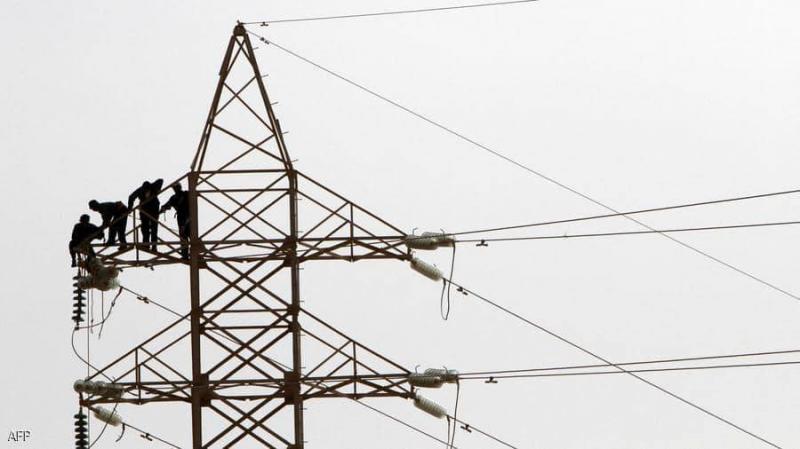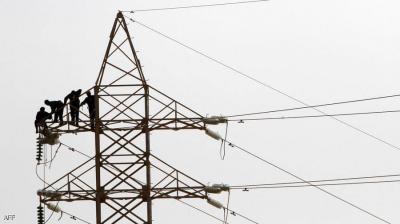The municipality of Aziziyah, south of the city of Tripoli, witnessed the first protests against the ongoing electricity crisis in Libya, where residents complained of power outages lasting up to 12 hours daily, hoping for government response to the crisis that has persisted for 12 years. Protesters raised signs expressing their suffering, including "Our sick suffer the most," "Temperature is 50, where is the electricity?" and "We have suffered enough, people, electricity." The protesters demanded fair distribution of power cuts across cities, especially as the electricity problem and rising temperatures negatively affected agricultural and food production in Aziziyah, in addition to the well-known impact on hospitals.
According to statements from several angry Libyans to Sky News Arabia, electricity outages in the capital Tripoli may last up to 12 hours daily, while in the city of Benghazi, they can exceed 5 hours a day. Protesters indicated that the electricity cutoff crisis exacerbated the suffering of Libyans during summer due to high temperatures and the inability to use air conditioning units.
A 12-Year Crisis
On the other hand, Osama Al-Wafi, the media official for the city of Sebha, stated in exclusive statements to Sky News Arabia that the electricity issue has been ongoing for about 12 years now. He added: "The government has been working to resolve the crisis through the existence of the 6-megawatt Ubari gas station, which could supply the entire region. However, the reason for not operating it is that foreign engineers working on it were kidnapped some time ago, which led to its non-completion thus far, leaving southern Libya, for instance, suffering significantly from electricity outages."
The Libyan official pointed out that the electricity cut crisis in the south, which includes 16 municipalities, "is continuously improving compared to previous years." He continued: "Electricity used to be cut off for 12 consecutive days before the activation of the Ubari station by a German company, and compared to the past, the current outages are much less."
Hope in "Agreements"
Electricity ministry facilities have been subjected to attacks, thefts, and sabotage by armed militias and chaos groups that have spread in the country since 2011, extending even to the headquarters of the electricity ministry itself. The electricity ministry had previously announced in 2014 that its headquarters had been subjected to theft and vandalism, affecting most of its offices and service vehicles.
The Libyan government has sought to utilize external expertise, including Egyptian assistance, to prepare and maintain the electricity grid, with agreements signed during Egyptian Prime Minister Mostafa Madbouly's visit to Tripoli last April. At that time, Egyptian Electricity Minister Mohamed Shaker stated to Egyptian newspapers: "We will work with the Libyan side to rehabilitate the electricity network, and we will share all our expertise to transfer the Egyptian experience in the electricity sector to our brothers in Libya, and we will work with them to establish 3 power generation stations."
Egyptian newspapers noted discussions about supplying Libya with several mobile stations from Egypt and increasing the capacity of the electricity interconnection line with Libya, which was established years ago with a capacity of 240 megawatts, to 500 megawatts or more, depending on Libyan needs. The new Libyan government, which took office in March, has spent over 900 million dinars on spare parts for power generation units and has signed contracts with neighboring countries to supply electricity. However, theft and repeated attacks on stations have worsened the situation.




